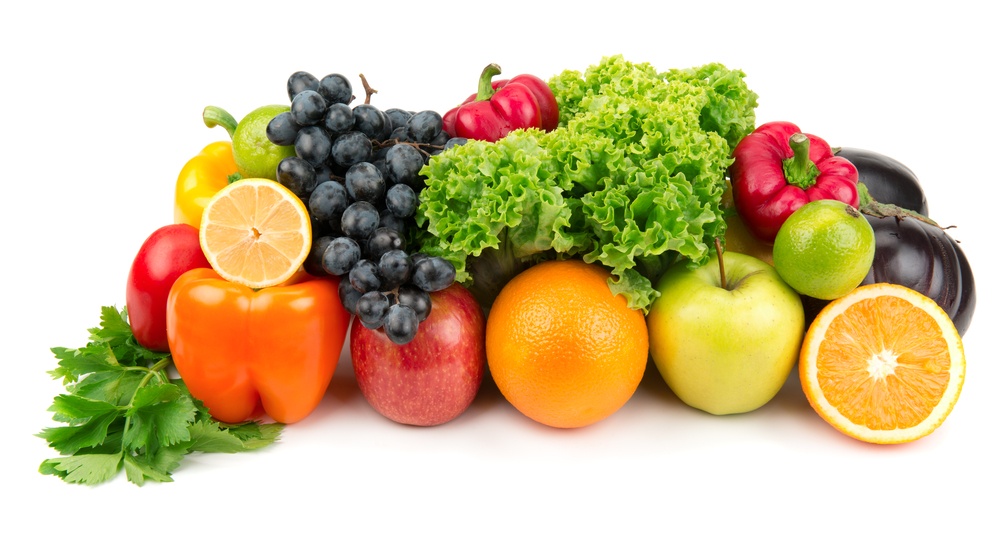General diet knowledge is that if we eat our fruits and vegetables with a well-rounded amount of grains and meat. However, recent findings show that the relation between plant-based diets and heart disease is more significant than we previously thought.
Plant-Based Diets and Heart Disease
Many dieticians follow the Mediterranean diet since it is so well-balanced. Those who eat Mediterranean diets have a lower risk of heart disease, stroke, and heart attack.
One study, however, showed that plant-based diets are more beneficial for heart disease than the Mediterranean diet. Eating high-fiber plant-based foods like fruit, legumes, whole grains, and vegetables helps to prevent heart disease.
From these foods, you receive omega-3 fatty acids that are safer than other sources, such as fish. With fish, you consume more fat than what accounts for the 15% of the omega-3 fatty acid content.
Additionally, fish can also contain levels of toxins including mercury and other pollutants from human waste found in rivers and oceans. Getting omega 3’s from sources like nuts and avocados can be safer and healthier.
Vegetarian Diet
Another recent study showed that vegetarians were 32% less likely to die from heart disease than people who ate a non-vegetarian diet. It also showed that a vegetarian diet gives more protection from heart disease than the Mediterranean diet.
A vegetarian diet helps reduce the risk of heart disease because it will also help to fight inflammation. Inflammation can lead to a narrower passageway for blood to travel through, leading to high blood pressure or heart disease.
Eating a plant-based diet can also help to achieve weight loss and limit the amount of sodium your body receives. Obesity and high sodium diets can lead to cardiovascular health problems, as each of them put added strain on blood vessels and arteries.
If you want to eat the healthiest type of a plant-based diet, eat all of your food in it’s raw, natural state. When it’s fresh and raw, more vitamins, minerals, and antioxidants are more abundant.
Juicing fruits and vegetables reduces the amount of fiber and nutrients received from them, so it’s best to eat them whole.
Subtracting meat altogether from the diet equation may not work for everyone, but limiting red meat can still help to lower your risk of heart disease and high blood pressure.
Resource
http://www.huffingtonpost.com/amanda-brocket/plant-based-diets-protect_b_11419646.html

